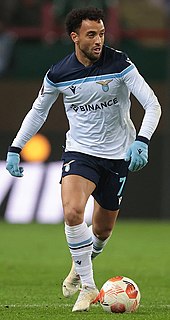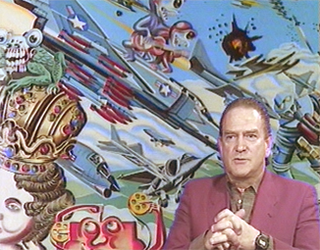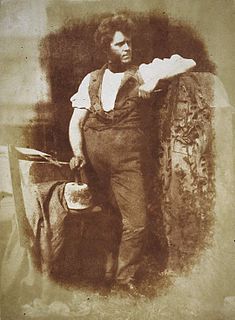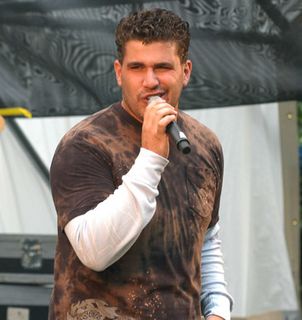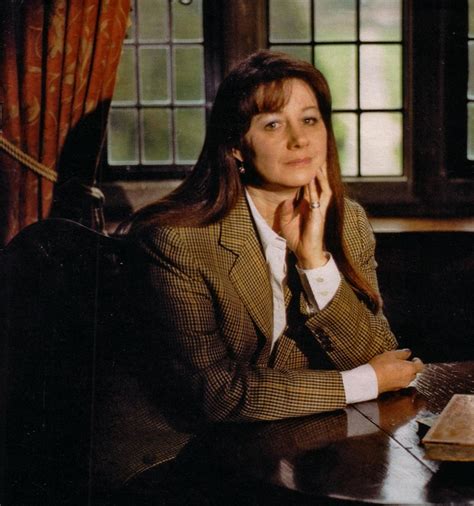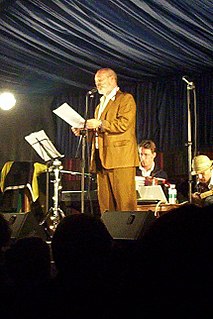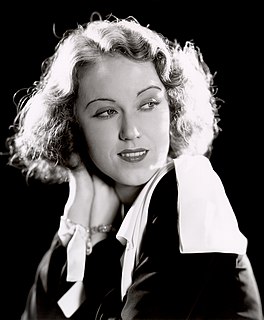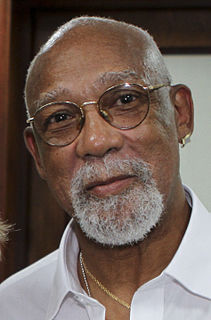A Quote by Felipe Anderson
There were times when we didn't have enough food on the table. When it came to the end of the month, I could see my parents were sad because they were unable to give us the best. They had lots of debts. Sometimes they had arguments about it.
Related Quotes
In the earliest years of the AIDS crisis, there were many gay men who were unable to come out about the fact that their lovers were ill, A, and then dead, B. They were unable to get access to the hospital to see their lover, unable to call their parents and say, 'I have just lost the love of my life.'
There was so much going on. I remember a very interesting dinner in the studio of [Robert] Rauschenberg. He had convinced Sidney Janis, Leo Castelli, and a third big gallery man to serve us, the artists, at the table. So they were dressed up as waiters, we were sitting at the table, and they were only allowed to sit down at the end of the table for the cognac. This is not possible now.
I was the fifth child in a family of six, five boys and one girl. Bless that poor girl. We were very poor; it was the 30s. We survived off of the food and the little work that my father could get working on the roads or whatever the WPA provided. We were always in line to get food. The survival of our family really depended on the survival of the other black families in that community. We had that village aspect about us, that African sense about us. We always shared what we had with each other. We were able to make it because there was really a total family, a village.
I think people have to remember where we were in 2009. We were losing 800,000 jobs a month. We had an unemployment rate in double digits. We had poverty rates soaring. We had kids who were food insecure. Today in 2016, we have a lot less unemployment, a lot less poverty, and a lot fewer kids who are food insecure.
Cisco never had a red quarter. Never. Took us three years to get funding, and in those three years, we were never in the red, and that was because we had two products to sell. They were not sexy or cool, but we had enough of a market that we could generate enough of a cash stream to grow the company.
My mother was Welsh and I loved going to Wales every summer, where Uncle Les had a farm. My mother had seven brothers and a sister and they were all very close. There would always be food on the table and uncles coming in and out. My father's family were English and lived in London, and we didn't really see them.
[Sport officials] blocked their support of us. But those individuals [ Muhammad Ali, the Jim Browns, the Bill Russells, Kareem Abdul Jabbar ] were old enough, they were wise enough, and they knew their history and this is why they came out in support of us, because they knew that we had our finger on the right move.
